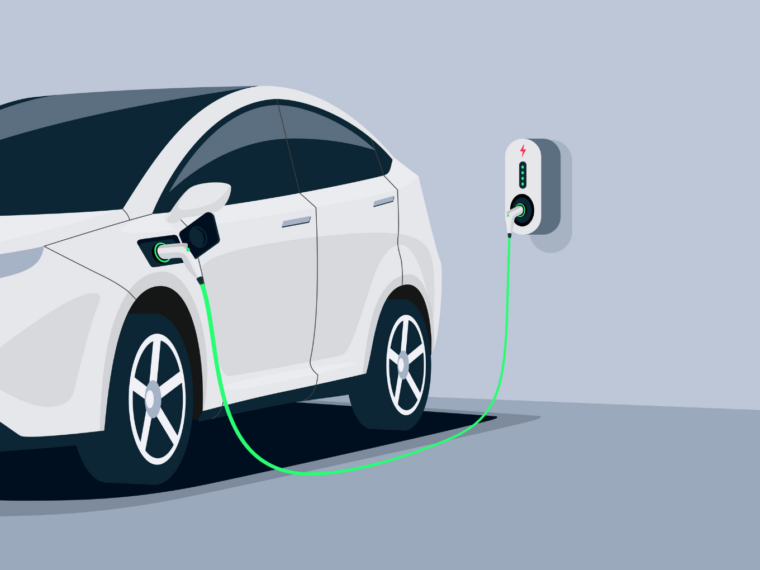
A white paper will be prepared on a roadmap for the development of new battery technologies in India
In addition, an expert-industry forum, or platform, would be created to support this process
Electric two-wheeler registrations in India crossed the 70,000-mark for the first time in October
The government’s Department of Science and Technology (DST) has joined hands with the Centre for Science and Environment (CSE) to create a platform that will support the development of new electric vehicle (EV) batteries to suit Indian requirements.
In this regard, a white paper will be prepared on a roadmap to develop new battery technologies in India, CSE said in a statement. In addition, an expert-industry forum, or platform, would be created to support this process.
The executive director of research and advocacy at CSE, Anumita Roychowdhury, said, “India has been working with FAME and production-linked incentives to push the EV story, but challenges abound with regard to cost, safety and charging infrastructure – all of which point at gaps in fulfilling the country’s zero emission ambitions.”
However, the gaps range from concerns relating to safety, supply chain, cost sensitivity and need for quick charging opportunities, among others, she added.
According to Moushumi Mohanty, senior programme manager, Clean Air and Sustainable Mobility, CSE, the joint initiative is aimed at addressing these gaps and creating a platform that will assess, evaluate and identify technology solutions that are safe, have locally appropriate supply chain systems and can be customised for the various vehicle applications.
The EV Story In India
The Indian government has been working on different schemes to boost EV production and adoption in the country. Back in 2015, the government launched the FAME scheme to support consumers buying electric two-wheelers. The second phase of the scheme was launched in April 2019, offering an upfront discount to customers on the purchase of EVs.
Last month, the Ministry of Heavy Industries had sent notices to several electric vehicle (EV) makers, asking them to furnish documents to back their claims to avail of the benefits provided under the INR 10,000 Cr FAME-II scheme.
According to a McKinsey & Company report, the contribution of EVs in new two-wheeler and three-wheeler vehicle sales in the country is expected to rise to 50% and 70%, respectively, by 2030. The electrification of passenger vehicles and heavy commercial vehicles could be more gradual in comparison to the two- and three-wheeler EVs, it added.
Electric two-wheeler registrations in India crossed the 70,000-mark for the first time in October. According to data from government portal Vahan, two-wheeler EV registrations rose 42% month-on-month (MoM) to 75,294 units in October.
Although the growth of EV is noticeable in India, multiple fire and other safety-related incidents, which are being reported from various parts of the country, may impact the consumer sentiment if not addressed.






























 Ad-lite browsing experience
Ad-lite browsing experience